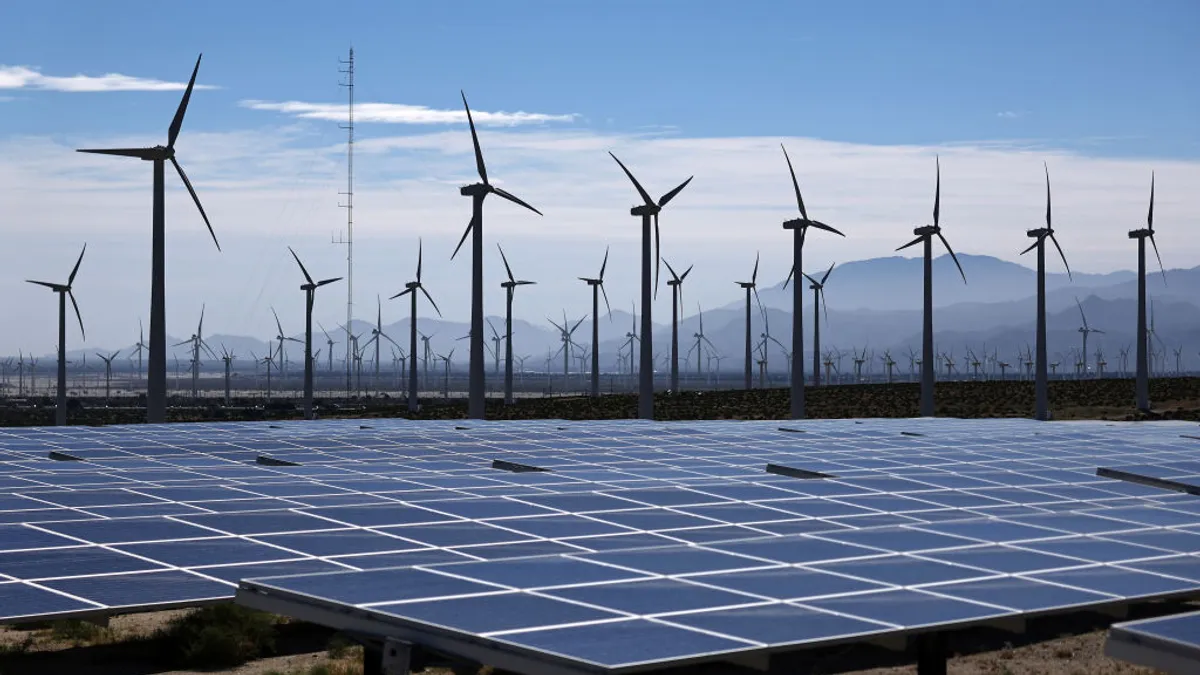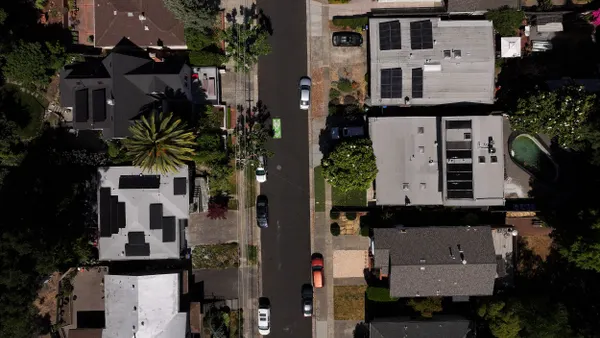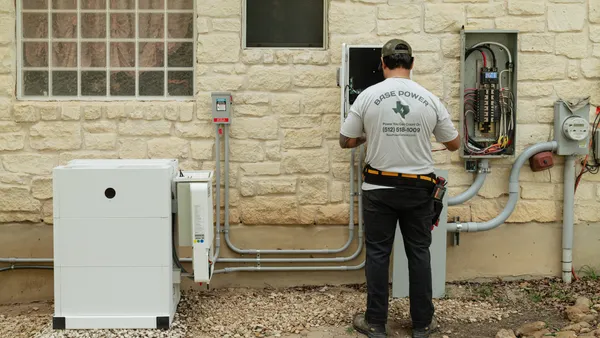The U.S. Department of Energy is working to update dozens of appliance energy efficiency standards with the potential to save consumers billions of dollars annually — with many of the updates legally overdue, and potentially holding back the United States from achieving its climate goals, according to conservation groups.
There are almost 40 product efficiency standards scheduled for completion by late 2024, according to the groups, which include the American Council for an Energy Efficient Economy, Appliance Standards Awareness Project, Earthjustice, Natural Resources Defense Council, League of Conservation Voters, RMI, Sierra Club and the Union of Concerned Scientists.
In a Sept. 18 letter to Secretary of Energy Jennifer Granholm, they urged DOE to “continue the work necessary to achieve the Department’s goal of realizing 2.4 billion metric tons of greenhouse gas emissions reductions through strong standards.”
The groups say they are particularly focused on rules for residential furnaces, distribution transformers, and stoves. But there are dozens of appliance efficiency standards which DOE is working to update and many are legally overdue, in large part due to delays under the Trump administration.
“A lot of missed deadlines accrued under the last administration and now DOE has been playing catchup,” NRDC efficiency advocate Joseph Vukovich said in an email. “That doesn't mean they get a pass, but it does explain why DOE is working on so much at once.”
DOE has been making progress. In May, the agency finalized new efficiency standards for electric motors that will save consumers up to $8.8 billion over a 30-year period.
“They've been doing well but they need to keep up the pace,” Vukovich said.
A DOE spokesperson said Congress requires the agency to review appliance conservation standards, and it will continue to build on its “decades-long partnership with industry partners and stakeholders to improve the efficiency of household appliances and provide more Americans the opportunity to save on their utility bills.”
The federal government’s Appliance and Equipment Standards Program reviews efficiency requirements every six years.
Standards for residential furnaces have not been “meaningfully updated in more than three decades,” the groups wrote. “DOE’s proposal would save the average household nearly $500 over the life of the product.”
New distribution transformer standards could save consumers 340 million metric tons of CO2 emissions reductions over 30 years of sales, they said. Standards for residential stoves represent smaller savings but they can “add up to large national savings.”
“Finalizing the more than three dozen product efficiency standards scheduled for completion by late 2024 is estimated to avert a combined 2.4 billion metric tons of climate emissions cumulatively while saving consumers $570 billion,” the groups said.
Editor's note: This story has been updated to include comment from the Department of Energy.














